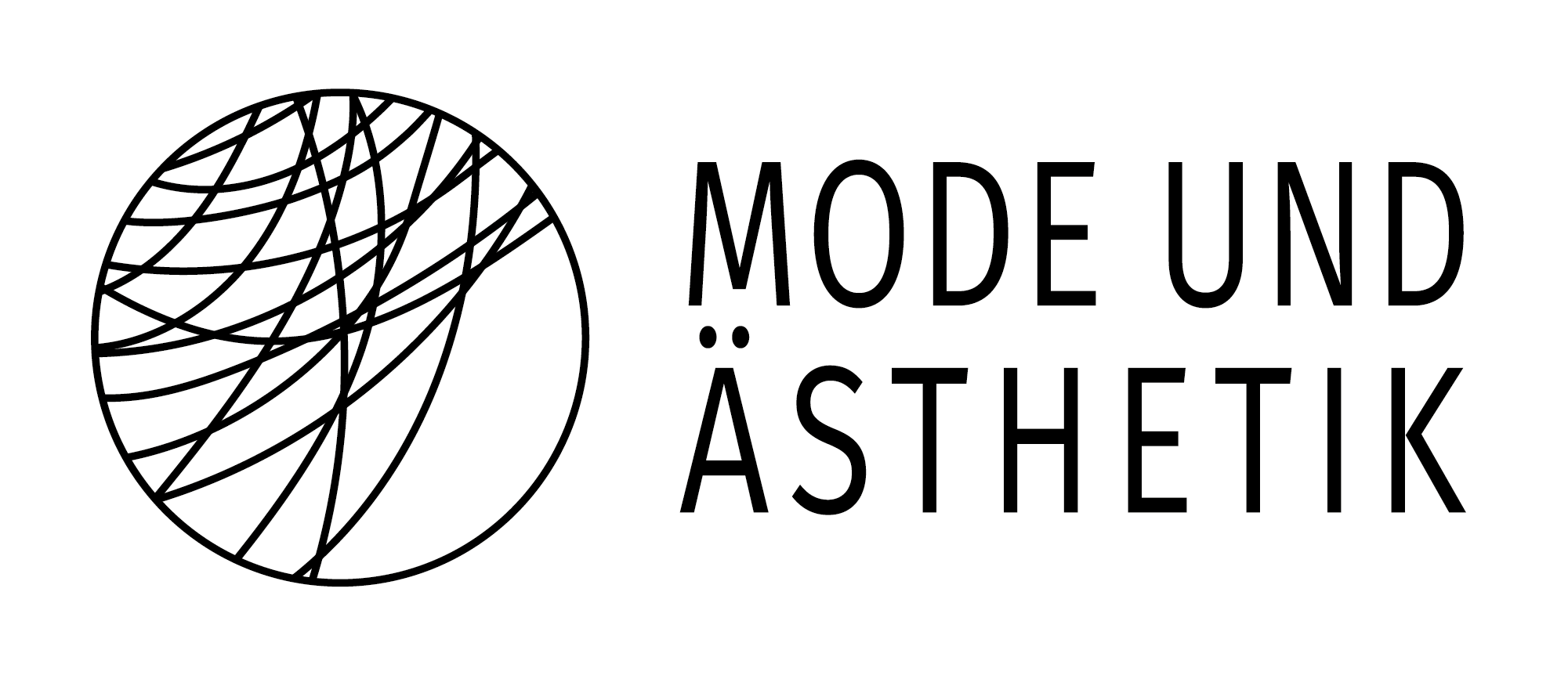January 23-24, 2013
Venue: Wella-Museum, Darmstadt, Berliner Allee 65, 64295 Darmstadt
Downloads:
Flyer (wird in neuem Tab geöffnet)
Traveling Fashion. Styles, Diversity, Globalization
January 23-24, 2013
Venue: Wella-Museum, Darmstadt, Berliner Allee 65, 64295 Darmstadt
The globalization of fashion is often understood as a standardizing process that levels out all national and cultural differences – as if all current fashion movements worldwide are heading in the same direction. Upon closer inspection however it becomes clear that the purported global trends are subject to numerous twists and turns: the seemingly identical signs and objects of fashion and hairstyles in fact dissolve into a host of distinct phenomena conditioned by their respective cultural historical context.
The concept of traveling fashion takes up James Clifford’s idea of “traveling cultures” and places fashion in the context of the mobility and processuality of cultural practices. Fixed specifications of culture, which operate with ethnical ascriptions, prove to be instable; almost inevitably they become fluid, blurred, and indistinct. The workshop shall explore the de- and re-contextualizations arising out of the transcultural circulation of fashion.
For this purpose we need to scrutinize the very notion of fashion itself: which concepts of fashion are suited for describing such transcultural exchange processes? What is the tacit understanding of fashion that is simply presupposed in the European context?
One express concern is not to plot the historical development of costume styles, but rather historicize superordinate theoretical concepts. By formulating fashion in terms of a concept that brings together the body, clothing, and space, we are able to gain a perspective on political and economic dimensions, for instance the processes of colonization and globalization.
By investigating transcultural fashion processes the control mechanisms at work in the fashion regimen also come into focus: the complex entwinement between the fashion industry, production conditions, and social relations. A preeminent role in this context is played by the visibility of fashion through the public media (social media, print media, fashion blogs, etc.): regulating the channels of attention is a pivotal mechanism of power.
Traveling Fashion. Styles, Vielfalt, Globalisierung
Globalisierung der Mode wird oft als ein vereinheitlichender Vorgang verstanden – als gingen die gegenwärtigen Modeströmungen erdumspannend in die gleichen Richtungen. Bei genauerem Hinsehen zeigt sich jedoch, dass die angeblich weltweiten Trends zahlreichen Brechungen unterliegen: Die scheinbar identischen Modezeichen, -objekte und Frisuren lösen sich in eine Vielzahl unterschiedlicher, vom jeweiligen kulturhistorischen Kontext abhängiger Phänomene auf.
Der Begriff Traveling Fashion schließt an James Cliffords Ansatz der „Traveling Cultures“ an und stellt Mode in den Kontext von Mobilität und Prozesshaftigkeit kultureller Praktiken. Fixierungen von Kultur, etwa mit ethnischen Zuschreibungen, geraten in Bewegung und verschwimmen. Das Thema der Tagung sind die Ent- und Neukontextualisierungen, die aus der transkulturellen Zirkulation von Moden entstehen.
Ausdrücklich werden nicht kostümgeschichtliche Entwicklungen aufgezeigt, sondern der Modebegriff selbst soll hinterfragt werden. In Europa konzentriert sich alles in dieser global agierenden Branche auf das Spektakel rund um die Haute Couture, sei es durch Abgrenzung oder Affirmation. Nicht selten werden für diese Inszenierungen konventionelle Ethnisierungen und geschlechtsspezifische Stereotypisierungen aufgerufen. Wird Mode hingegen als ein Konzept betrachtet, das Körper, Kleidung und Raum zusammendenkt, rücken politische und wirtschaftliche Dimensionen wie etwa Kolonisierungs- und Globalisierungsprozesse in den Blick. Unterschiedliche transkulturelle Austauschprozesse und Entwicklungen lassen sich so differenzierter beschreiben.
Damit eröffnen sich neue Perspektiven nicht zuletzt auf Modeformen jenseits der Haute Couture. Eine große Rolle spielt in diesem Zusammenhang die Sichtbarkeit durch Social Media, Printmedien und Fashion-Blogs. Nicht zuletzt die Regulierung von Aufmerksamkeitskanälen stellt einen zentralen Machtmechanismus dar.
Mittwoch, 23.1.12 // Wednesday, 23rd January 2013
16:30 Uhr Führung durch das Wella-Museums // Visit of the Wella-Museum
Vera Seyfarth, Wella, Presse- und Öffentlichkeitsarbeit Deutschland, Österreich, Schweiz
18:00 Uhr Begrüßung // Reception
Carola Wacker-Meister, Wella, Leitung Communications Deutschland, Österreich, Schweiz
18:15 Uhr Einführung // Introduction
Alexandra Karentzos, Wella-Stiftungsprofessur für Mode und Ästhetik, TU Darmstadt
18:30 Uhr
Elke aus dem Moore, Institut für Auslandsbeziehungen (ifa) Stuttgart // Prêt-à-partager – A Transcultural Exchange Plattform
Donnerstag, 24.1.12 // Thursday, 24th January 2013
9:40-10:15 Uhr
Kerstin Pinther, FU Berlin // Negotiating Signs of Africa in the Fashion of Lamine Kouyaté, Maki Oh and Serge Mouangue
10:15-10:50 Uhr
Antje Krause-Wahl, Kunsthochschule Mainz // Black Fashion in/and Painting – From Postcolonial Bricolage to Global Branding
10:50-11:10 UhrKaffeepause // Coffee Break
11:10-11:45 Uhr
Simona Segre Reinach, Università di Bologna // The Shifting Sensibilities of Sino-Italian Relations in Fashion
11:45-12:20 Uhr
Burcu Dogramaci, LMU München // "On the Orient Express with…“ Reflections on the (Self-)Orientalization of Turkish-Born Fashion Designers
12:20-14:00 Mittagspause // Lunch Break
14:00-14:35 Uhr
Patrik Steorn, Centre for Fashion Studies, University of Stockholm // Swedish 1960s Fashion in America. A Transnational Perspective on Fashion and National Identity
14:35-15:10 Uhr
Elke Gaugele, Akademie der bildenden Künste // Fabrics of Biometric Subjectivization: Fashion and Border Surveillance Technologies
15:10-15:30 Uhr Kaffeepause // Coffee Break
15:30-16:05 Uhr
Janis Jefferies, Goldsmiths, University of London // Fashioning the Future: The Traveling Self
16:10 Uhr Abschlussdiskussion // Final Discussion
ca. 16:30 Uhr Ende der Veranstaltung // Close of the Conference
Veranstaltungsort // Venue
Wella-Museum, Darmstadt
Wella ZN der P&G Service GmbH
Berliner Allee 65
64295 Darmstadt
Anreise // Local Transport
Vom Hauptbahnhof Darmstadt aus:
H-Bus, Haltestelle: Holzhofallee (Richtung: Darmstadt Anne-Frank-Straße)
From Darmstadt central station take the bus H (direction: Darmstadt Anne Frank-Straße) and get off at the stop Holzhofallee.
Organisation und Leitung der Tagung // Organisers of the conference:
Alexandra Karentzos, Birgit Haehnel, Nina Trauth
Mit freundlicher Unterstützung der Deutschen Forschungsgemeinschaft (DFG), der TU Darmstadt und der Wella.
Die Teilnahme an der Tagung ist kostenlos. // The conference is free of charge.
Anmeldung für die Tagung wird erbeten: // Registration is requested:











